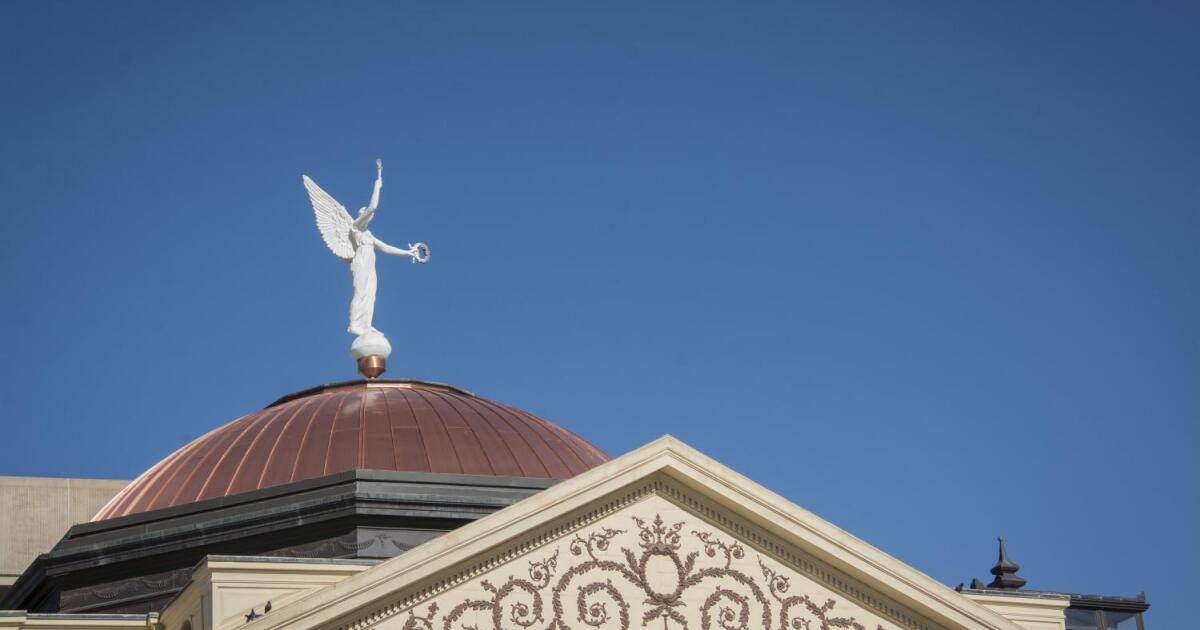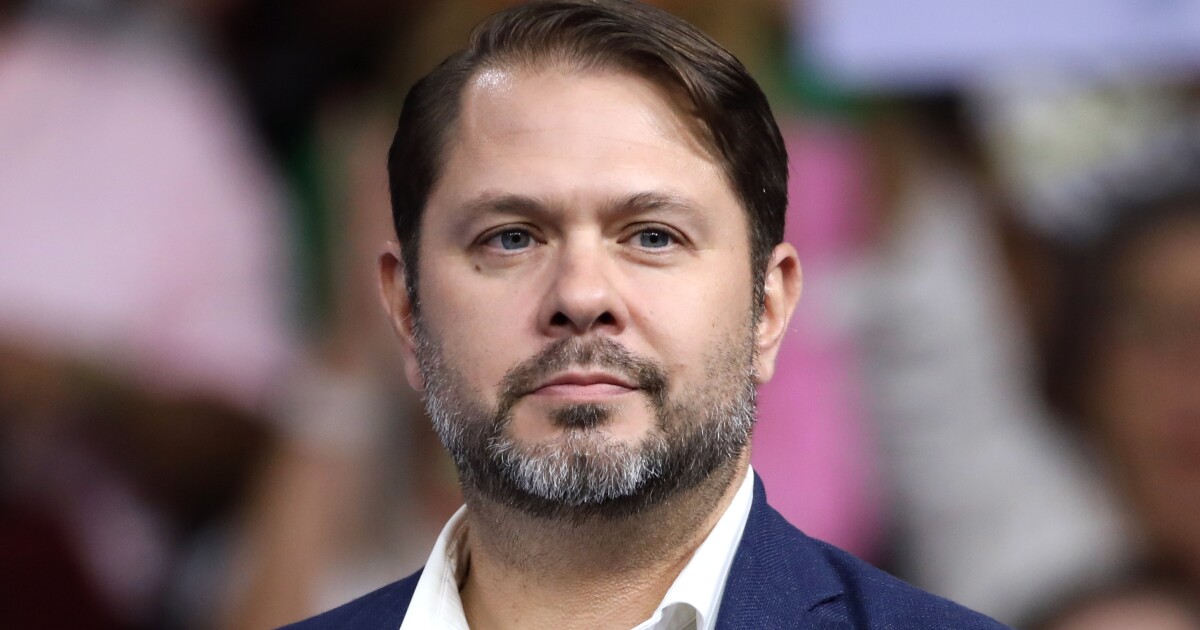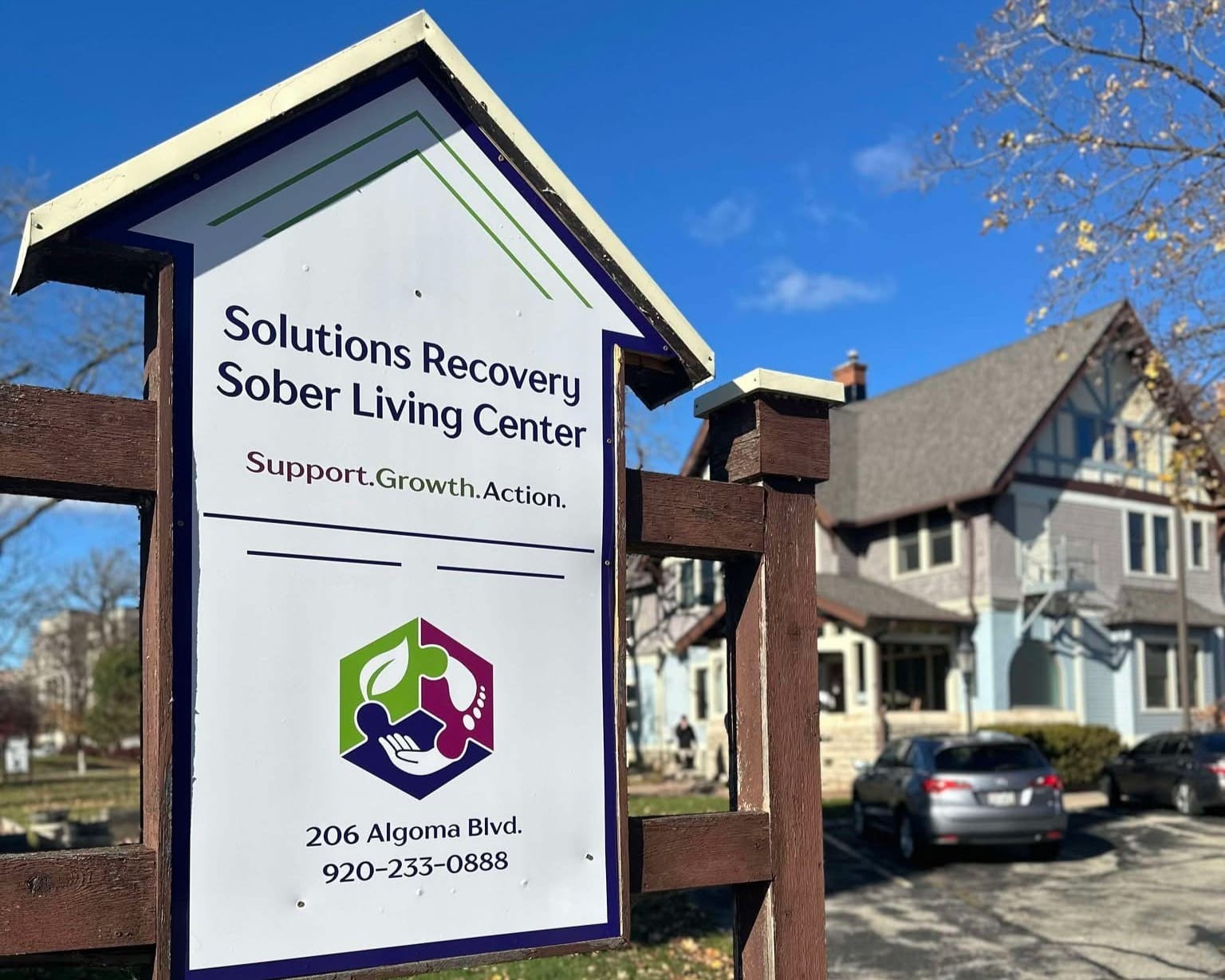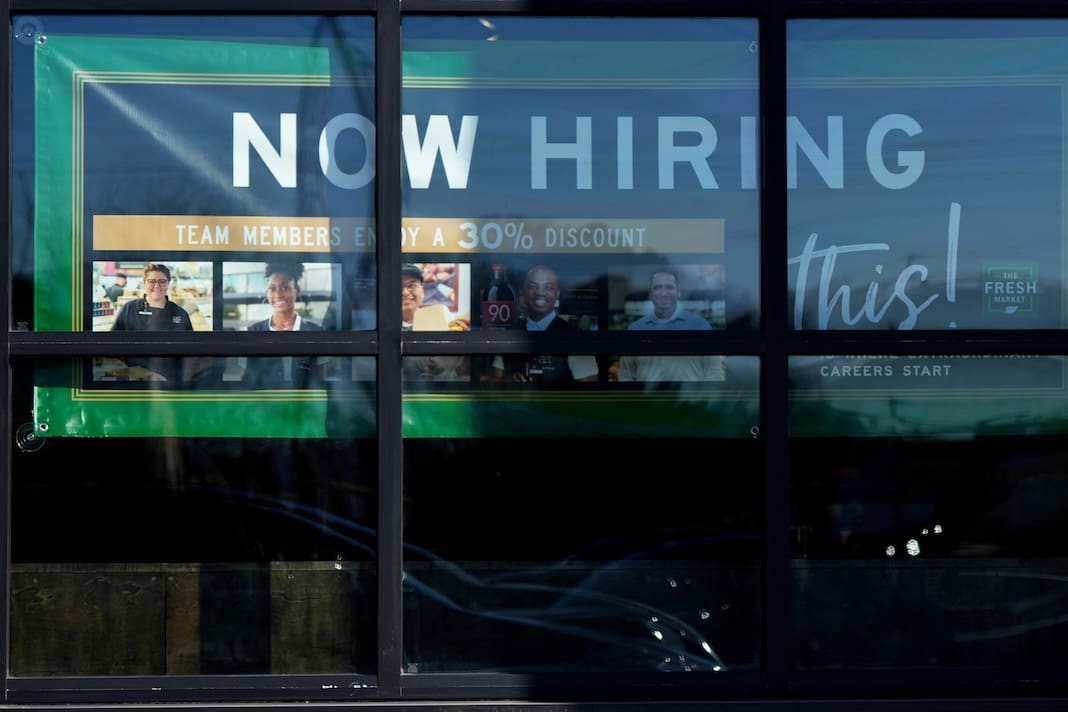Charlie Kirk’s Assassination Sparks Debate Over Social Media’s Role in Content Regulation
In the wake of conservative activist Charlie Kirk’s tragic assassination, graphic videos of the incident rapidly spread across social media, drawing widespread attention and concern. The swift dissemination of such sensitive content has reignited discussions about the responsibilities of social media platforms in moderating violent imagery.
Following the incident at Utah Valley University, Utah Governor Spencer Cox referred to social media as “a cancer,” emphasizing the human difficulty in processing such violent imagery. He likened the rapid spread of the video to the delayed public viewing of the JFK assassination footage, which took over a decade to be fully released to the public, as noted by the Sixth Floor Museum.
Professor Hazel Kwon from Arizona State University’s Media Information, Data and Society Lab, argues that the traditional gatekeeping role of media is being challenged in the digital age. “Traditionally, we tend to say, ‘OK, news media, journalism and media, they are exerting the gatekeeping power,'” Kwon stated. She emphasizes the need for social media platforms to take a proactive stance in content moderation.
The videos of Kirk’s assassination, captured by attendees, were shared on platforms like Facebook, X, TikTok, and Instagram almost instantaneously. This instant dissemination raises questions about the platforms’ algorithms and their role in facilitating the spread of such content.
Professor Shawn Walker, who teaches in the social data science program at ASU, agrees with the need for more robust content moderation by social media companies. He highlighted the challenge of algorithms designed to prioritize engaging content, which can inadvertently amplify violent or sensitive material. “The video itself was hard to avoid, that’s how pervasive this video was,” Walker noted, underscoring the widespread reach of the content.
Walker suggests that social media platforms should create environments that prioritize accurate information and highlight trusted sources, especially during crises. He points out that the process of gathering and verifying information is ongoing and that social media users often encounter a mix of facts and conjecture.
The role of journalists is also evolving in this context, as Kwon suggests they should focus on being watchdogs over gatekeeping processes, given their reduced power in controlling content dissemination.
The incident has sparked a broader dialogue on the need for social media companies to balance their algorithms’ engagement-driven design with the ethical responsibility of moderating content, especially during sensitive events.
—
Read More Arizona News










